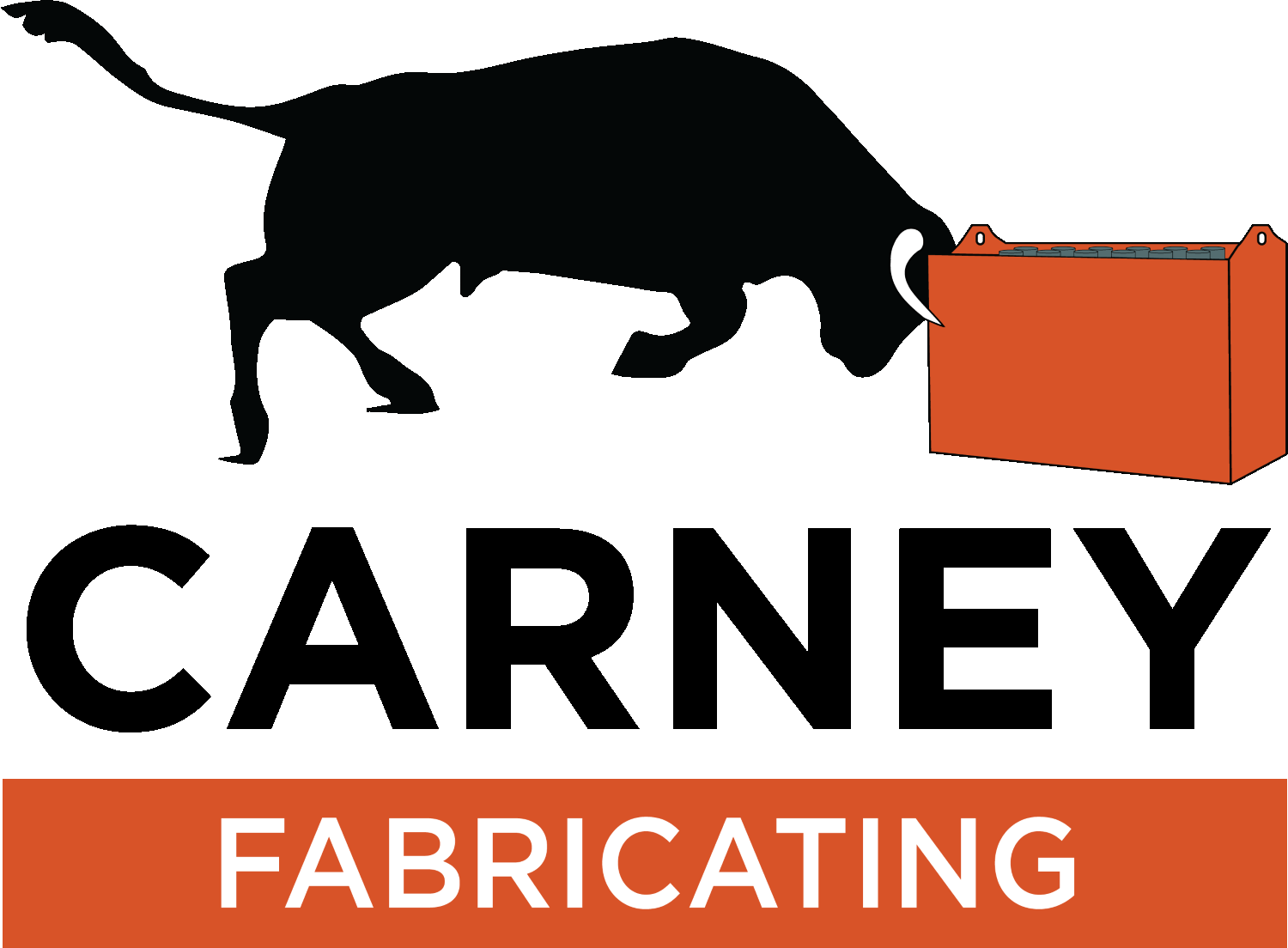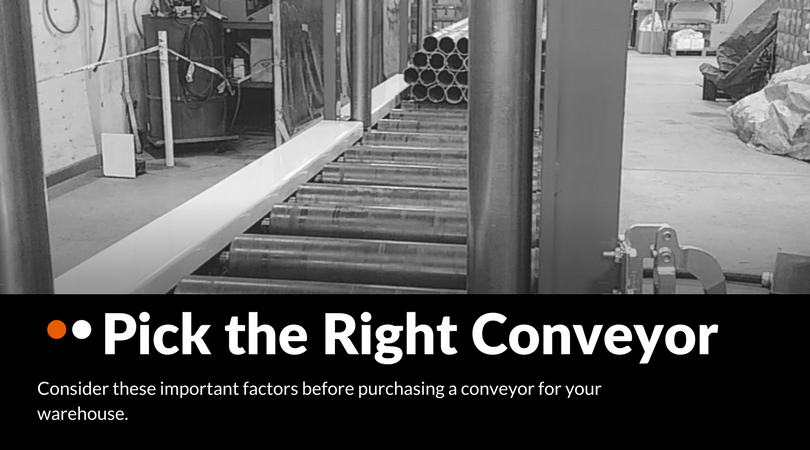When picking a conveyor for your warehouse or project, there are a number of factors to consider to ensure that the conveyor you purchase will correctly support your operations and help improve warehouse efficiency. Here are a few things to keep in mind before purchasing a conveyor.
Know your Products
This is the most important factor to consider before purchasing any conveyors. Because the conveyors will be utilized to move your products, it is crucial to consider your product dimensions and weight before purchasing. By doing this, you are able to determine your desired conveyor dimensions to match your products. It is also important to note your production rate and product type. Keeping track of your production rate will help you determine conveyor speed, and product type will help you decide what type of conveyor to purchase. For example, this will help you decide between roller conveyors, plastic chain conveyors or a chain driven roller.
Warehouse Conditions
While often overlooked, the environment that your conveyor will be placed in is very important to consider. Every warehouse is different and supplies specialized products that all have different conveyor specifications. For example, if your warehouse handles metal parts, oil and metal shavings may make their way into the conveyor, causing malfunctions. Similarly, if your warehouse handles liquids, it is important that you get a conveyor that is designed for that. This will ensure that your conveyor lasts as it should.
Inclines/Declines
Due to limited space within a warehouse, products often have to move on an incline or decline over different floor spaces and equipment. If not equip with the right system, this can cause serious problems in the product movement process. There are a variety of different types of incline and decline conveyors as well as those that vary in friction and material. These are all important factors to the angle of your conveyor and should be considered before purchase.
Washing Requirements
While many warehouses may not require a washdown rated conveyor, certain businesses that handle food, dairy or pharmaceutical products require frequent washing of machines. In this case, washdown rated conveyors are the only choice. These conveyors have many different levels of washdown ratings and are made from stainless steel.
Guide Rails
Conveyors don’t always need guide rails, but they can be helpful for some applications. If you decide to add guide rails onto your conveyor, firstly make sure your products will react well to the guide rails. Guide rails are there to accommodate the product, not restrict its movement. Additionally, make sure that there is enough space between the guide rails for your product to flow as desired and always make sure there is enough room during turns and curves to eliminate any product backup.
These are just some of the factors you should consider when purchasing a new conveyor for your warehouse. The details of conveyors are often overlooked, but purchasing the right one for your business can greatly help you save time and money. Before purchasing your next conveyor, make sure you have all the information needed to make an informed decision.
_____________________________________________________________________________________________________________________________
REFERENCES
Wilson, Codi. “
7 Conveyor Selection Tips To Ensure You Get The Right Model.” The Material Handling Blog. Bastian Solutions. N. p., 2017. Web. 13 July 2017.

